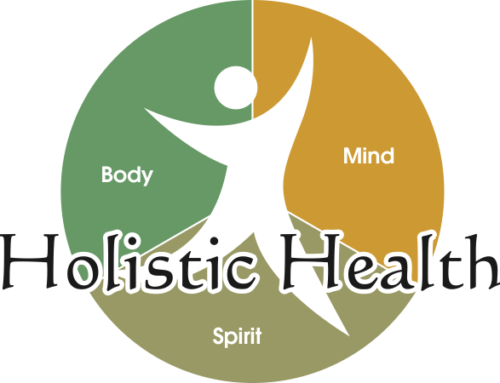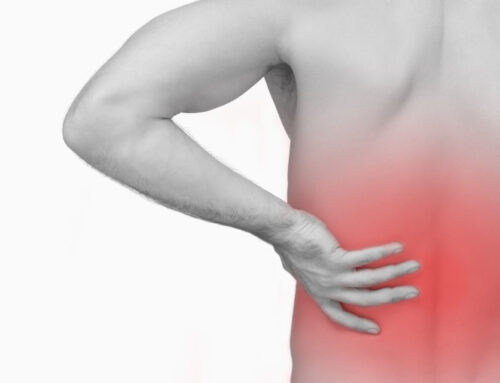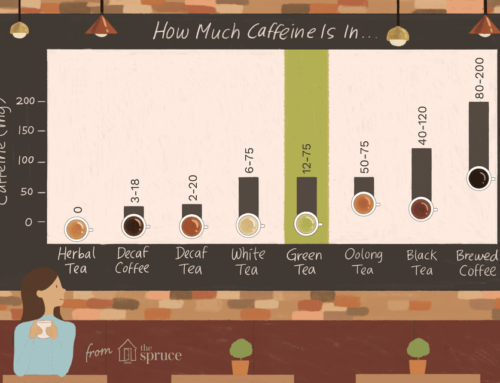We recently (finally) have had some pretty hot days here in Nebraska and I’ve heard more than one story from the past weekend about someone needing medical attention due to the heat. The most essential nutrient: WATER!
Water is:
– The solvent for important biochemical reactions, supplying nutrients and removing waste.
– Essential for maintaining blood circulation throughout your body.
– The maintainer of body temperature. As you exercise, your metabolism and your internal body temperature increase. Water carries heat away from your internal organs before serious damage occurs, which can lead to heat stroke , and even death.
Katherine Tallmadge, M.A., R.D., is a registered dietitian and has these 13 hydration tips:
1. Drink enough water to prevent thirst.
2. Monitor fluid loss by checking the color of your urine. It should be pale yellow and not dark yellow, too smelly or cloudy.
3. For short-duration (less than 60 minutes), low-to-moderate-intensity activity, water is a good choice to drink before, during, and after exercise.
4. Any time you exercise in extreme heat or for more than one hour, supplement water with a sports drink that contains electrolytes and 6 percent to 8 percent carbohydrates. This prevents “hyponatremia” (low blood sodium), which dilutes your blood and could also lead to serious impairment and death.
5. Begin exercise well-hydrated. Drink plenty of fluids the day before and within the hour before, during and after your exercise session.
6. Avoid alcohol the day before or the day of a long exercise bout, and avoid exercising with a hangover.
7. Consider all fluids, including tea, coffee, juices, milk and soups (though excluding alcohol, which is extremely dehydrating). The amount of caffeine in tea and coffee does not discount the fluid in them, even if they have a slight diuretic effect, according to the most recent report by the National Research Council’s Food and Nutrition Board.
8. Eat at least five cups of fruits and vegetables per day for optimum health, as they all contain various levels of water and the all-important nutrient potassium.
9. During exercise, for those who experience high sodium losses, eat salty foods in a pre-exercise meal or add an appropriate amount of salt to sports drinks consumed during exercise. Orange juice is high in potassium. Dilute juices, such as V-8 or orange juice, 50/50 with water so that the drinks are 6 percent carbohydrate solutions (the same as sports drinks), which will empty from your stomach quicker than 100 percent juice (juices are naturally 12 percent solutions), allowing the electrolytes and water to quickly reach your heart and organs.
10. Following strenuous exercise, you need more protein to build muscle, carbohydrates to refuel muscle, electrolytes to replenish what’s lost in sweat, and fluids to help rehydrate the body. Low-fat chocolate milk is a perfect, natural replacement that fills those requirements.
11. You can also replace fluid and sodium losses with watery foods that contain salt and potassium, such as soup and vegetable juices.
12. For long hikes, when you’ll need food, dried fruit and nut mixtures contain high amounts of potassium, sodium, protein, carbs and calories — though continue to drink plenty of water.
13. To determine your individualized need for fluid replacement: During heavy exercise, weigh yourself immediately before and after exercise. If you see an immediate loss of weight, you’ve lost valuable water. Drink 3 cups of fluid for every pound lost; use this figure to determine the amount of water (or sports drink) you’ll need to drink before and during your next exercise session to prevent weight/water loss in the future.







